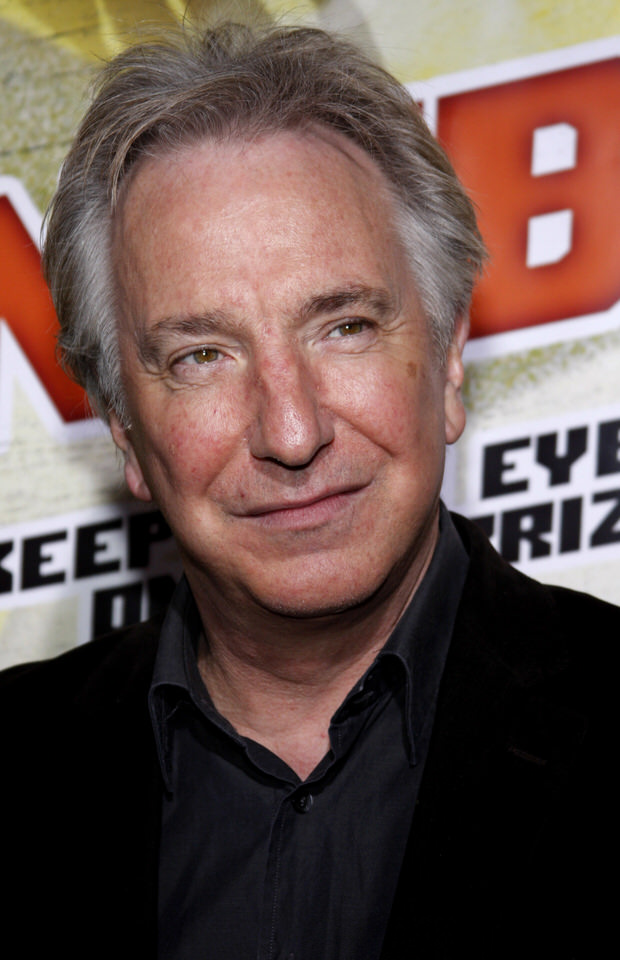Asif Ali Zardari
Asif Ali Zardari, a central figure in Pakistani politics, rose to prominence as the 11th President of Pakistan, leading the nation from 2008 to 2013.
Political Figure
July 26, 1955
69
Asif Ali Zardari, born on July 26, 1955, is a prominent Pakistani politician who served as the 11th President of Pakistan from 2008 to 2013. He is the co-chairman of the Pakistan Peoples Party (PPP) and the widower of former Prime Minister Benazir Bhutto.
Zardari’s political career began in the 1980s, and he was elected as a member of the National Assembly of Pakistan in 1988. He held various ministerial positions, including Minister of Investment, before becoming President in 2008 following the assassination of Benazir Bhutto.
During his presidency, Zardari played a crucial role in restoring democracy in Pakistan after the military rule of General Pervez Musharraf. He initiated the Benazir Income Support Program, a social welfare program aimed at providing financial assistance to low-income families. Additionally, he oversaw the passage of the 18th Amendment to the Constitution of Pakistan, which devolved powers from the federal government to the provinces.
Zardari has received numerous awards and recognition for his contributions, including the Nishan-e-Imtiaz, Pakistan’s highest civilian award, and the Order of the Grand Cross of the Order of Merit of the Italian Republic.
Despite his achievements, Zardari’s tenure was also marked by controversies and allegations of corruption. He has been criticized for his flamboyant lifestyle and authoritarian tendencies.
Zardari’s legacy remains complex, with both supporters and critics acknowledging his contributions to democracy and social welfare, while also raising concerns about corruption and abuse of power.







